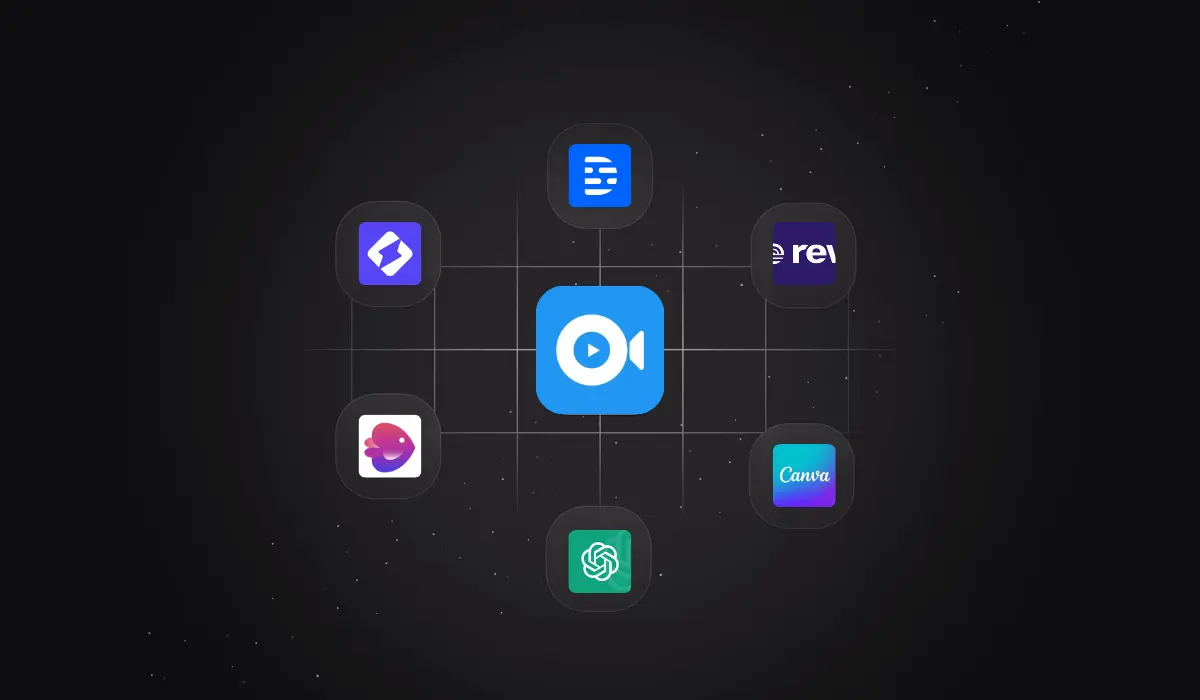Remote work has changed the way we think about our professional lives. It doesn’t remain in the office’s four walls, nor tied to the 9 to 5 working schedule. Rather, you can work anytime, anywhere.
As of 2024, 14% of employees are now working remotely, while 29% are in a combined schedule of office and remote. Industries are gradually becoming more flexible and shifting towards this remote model.
But what exactly is this model? Does remote mean working from home? Many people are confused by this, and it should be clarified. Well! They’re quite similar, with some slight differences.
To know which is what, stay with us. We’ll have an interesting discussion regarding this.
Remote Work vs. Work From Home: Key Differences
Remote work gives you more freedom to choose where you work. Working from home (WFH) is all about the comfort of working from home. Let’s try to understand
What does “remote working” mean, and what does “WFH” refer to with some examples?
Remote Work
Remote work lets employees work from any location. It can be your home, a cafe, a library, or anywhere you like. You can even set the working schedule on your own in some cases. Some companies require you to be available online for regular client interaction and collaboration.
So, what is an example of a remote job? Let us provide a few ones.
Remote Working Examples:
- A software developer working from a beachside café.
- A digital marketer collaborates with a global team from a coworking space in another city.
- A freelance writer is completing assignments while travelling across different countries.
Work from Home (WFH)
Working from home is literally working from home. You can’t take your workspace elsewhere. In most cases, office time remains the same. Only in rare cases will you get flexible working hours. It’s a temporary situation that offices usually adopt for some reason.
Working from Home Examples:
- A customer service representative handling calls from their living room.
- A graphic designer is completing a project from a dedicated home office.
- An accountant is working from home during a company’s hybrid work week.
Read More: Be Productive Working From Home
| Aspect | Remote Work | Work from Home |
| Definition | Working from any location outside the office | Specifically working from home |
| Flexibility | High – Can work from anywhere | Moderate – Typically from home |
| Setup | Portable setup with laptops, mobile hotspots, etc | Permanent home office setup |
| Work Environment | Can vary from cafes to countries | Consistent home environment |
| Work hours | Often flexible, can work outside 9 to 5 | Typically flexible but may depend on the office routine |
Detailed Comparison Between Remote Work and Work From Home
Though remote work and working from home (WFH) are almost similar, there are some major differences. From setup to workplace, the difference between a WFH job and a remote job can help you better understand these two types of work.
Definition
Any work performed outside an office environment is known as remote work. The environment may include libraries, cafes, or anywhere else you like. Remote work offers flexible working hours and locations.
Working from home is less flexible. It doesn’t require you to work in an office but doesn’t allow you to work outside your home. Even the working hours are typically dictated by the office. It’s limited to a home-based setting within the office, relying on personal infrastructure.
Work Environment and Setup
If you’re working remotely, you must have a laptop with extended battery life, hotspot devices, and VPNs. Apart from this, it doesn’t have any specific setup. Anywhere you work becomes your work environment for remote work.
On another note, for WFH jobs, your home setup is your work environment. It requires ergonomic furniture, reliable internet, and quiet spaces. Home distractions could be a drawback, but its benefits are its low overhead costs and stability in working conditions.
Team Collaboration and Communication
In remote work, teams collaborate through digital tools like Slack, Zoom, or Asana. Since communication is online, companies can work with workers worldwide. However, time zone differences may hinder instant interaction.
On the other hand, for work-from-home jobs, the employee must communicate with the office through tools that align with the daily check-ins and status updates. These tools reduce the cost of multiple employee offices, though they limit creative brainstorming in a physical group setting.
Sustainability and Economic Impact
Remote work has advantages and challenges regarding urban and rural dynamics. On the positive side, it reduces urban congestion and lessens the environmental impact by lowering daily commutes.
However, frequent travel for meetings or work-related trips could offset these benefits by increasing carbon emissions. Economically, remote work opens up more job opportunities for people in rural areas.
On the contrary, choosing work from home is often considered a greener option. It uses energy more efficiently and reduces emissions from daily commuting. Economically, it benefits both employees and employers.
Employees save money on travel, while employers can reduce office space expenses. But, household utility bills might increase as employees spend more time working from home.
Remote Work vs. WFH: Which One Is More Suitable for You?
Choosing between remote work and working from home (WFH) depends on what suits your lifestyle. Remote work lets you work from anywhere, even while traveling. People who love variety and enjoy changing environments are better suited to this type of job.
WFH, on the other hand, means working from a fixed spot, usually your home. If you value comfort, prefer a steady routine, or have responsibilities at home that need your attention, then this arrangement is perfect for you.
Yet, choosing between remote work and working from home (WFH) depends on knowing their advantages and what suits your lifestyle.
Why Choose Remote Work?
Remote work breaks the routine of being stuck in one place. It boosts creativity and gives fresh experiences. You can meet new people and build connections. Ultimately, it’s perfect for those who enjoy change and variety.
Who should pursue it?
You can choose remote work if you:
- Love flexible schedules and location freedom.
- Enjoy networking in shared spaces.
- Feel inspired by new environments.
Why Choose Work From Home (WFH)?
WFH offers comfort and stability. You work in your own space, saving money on commuting or renting offices. It’s great for building routines, staying focused, and balancing work with personal life.
Who should pursue it?
WFH is a great fit if you:
- Prefer the comfort of home.
- Maintain balance between work and family.
- Focus better in a quiet, familiar setting.
How to be Productive When Working Remotely?
So! What do you think? Does remote work mean working from home? Hopefully, now you know the answer better.
Don’t just choose the trendy one. Make a choice according to your lifestyle and what suits you the best.
Prioritize your productivity, mental health, and conditions first, then pick the right one. If you have any confusion or need to discuss your situation, feel free to comment here. We’ll be happy to help you out.
Frequently Asked Questions
Is working remotely always the same as freelancing?
No. Freelancing offers the freedom to choose whether or not to work. And remote work leaves you with no choice but to work. But in remote work, you get to choose your preferred workspace.
What’s the difference between home office and remote work?
A home office refers to a specific workspace, particularly in our homes. But, remote work can be in any setting other than the traditional office. It can include your home as well.
Are remote jobs always flexible?
Not always. Sometimes, remote jobs require frequent communication and meetings. It actually depends on the job role and the employer.
You Can Also Read:





